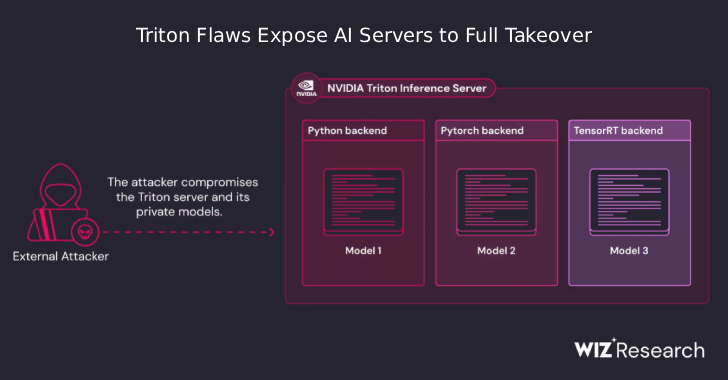FBI Sounds the Alarm: Cybercriminals Are Scamming Americans Through Fake Toll Texts
If you get a text about unpaid tolls—DELETE IT IMMEDIATELY. The FBI warns that a viral scam is sweeping the U.S., and cybercriminals are behind it.
A Dangerous Text Scam is Spreading
There’s a new cyber scam sweeping across America, and the FBI is urging everyone to delete certain text messages immediately. The scam? A fake unpaid toll notification that tricks victims into handing over their personal and financial details. The real kicker? It’s not just a random scam—it’s being linked to cybercriminals operating outside the U.S., with strong indications pointing to groups in China.
Let’s break this down so you know exactly how it works, how to spot it, and how to protect yourself.
How the Toll Text Scam Works (Step by Step)
- You receive a text claiming you owe money for an unpaid road toll. The message looks official and may reference a local toll service like E-ZPass, SunPass, or your state’s toll authority.
- The text includes a link where you’re supposed to “pay” your toll. The link might even look like a real government website.
- If you click the link, it leads to a fake toll payment site that asks for your personal details, credit card info, or even driver’s license number.
- Once you enter your information, cybercriminals can:
- Steal your identity (using your personal data to apply for credit or loans).
- Drain your bank account (charging fraudulent payments).
- Sell your data on the dark web (where other criminals can buy and use it).
- The scammers then disappear, and you’re left with financial and security headaches.
Where is This Scam Happening?
This isn’t just a local issue—it’s spreading state by state, and the FBI has seen thousands of reports nationwide.
- Victims have been targeted in California, Texas, Florida, Massachusetts, Illinois, Colorado, North and South Carolina, and beyond.
- Even cities without toll roads, like Great Falls, Montana, are issuing scam warnings.
This is a nationwide attack, and it’s growing fast.
Who’s Behind It?
Cybersecurity experts believe these scams are being run by cybercriminal organizations based outside the U.S., with strong indications pointing to groups in China.
According to the FBI and researchers, these scammers are using advanced phishing kits that can:
- Impersonate official toll authorities in multiple states.
- Create fake but convincing toll payment websites.
- Target thousands of victims at once.
They’ve used similar tactics before to mimic shipping companies, IRS tax collections, and even immigration services. The goal? Steal financial information, add stolen credit cards to mobile wallets, and launder money through fake businesses.
How to Protect Yourself (And What to Do If You’re Targeted)
- Do not click any links in unexpected texts. Legitimate toll agencies do not demand payment via text.
- Check your toll account directly. Visit your state’s official toll website or call customer service using a verified phone number.
- Report and delete the scam text. Forward it to 7726 (SPAM) and report it to the FBI’s Internet Crime Complaint Center (IC3).
- If you already clicked the link:
- Monitor your bank statements for unauthorized charges.
- Freeze your credit to prevent scammers from opening accounts in your name.
- Report fraudulent activity immediately to your bank or credit card provider.
Final Thoughts: Stay Alert & Stay Safe
Cyber scams are evolving, and criminals are getting smarter. The best defense is awareness. If something feels off, trust your instincts, verify directly with official sources, and never click suspicious links.
If you’re looking for expert cybersecurity advice to keep your business and personal data safe, Cyber Defense Advisors is here to help.
Contact Cyber Defense Advisors today for a cybersecurity consultation. Stay secure, stay informed, and don’t fall for the next big scam.






